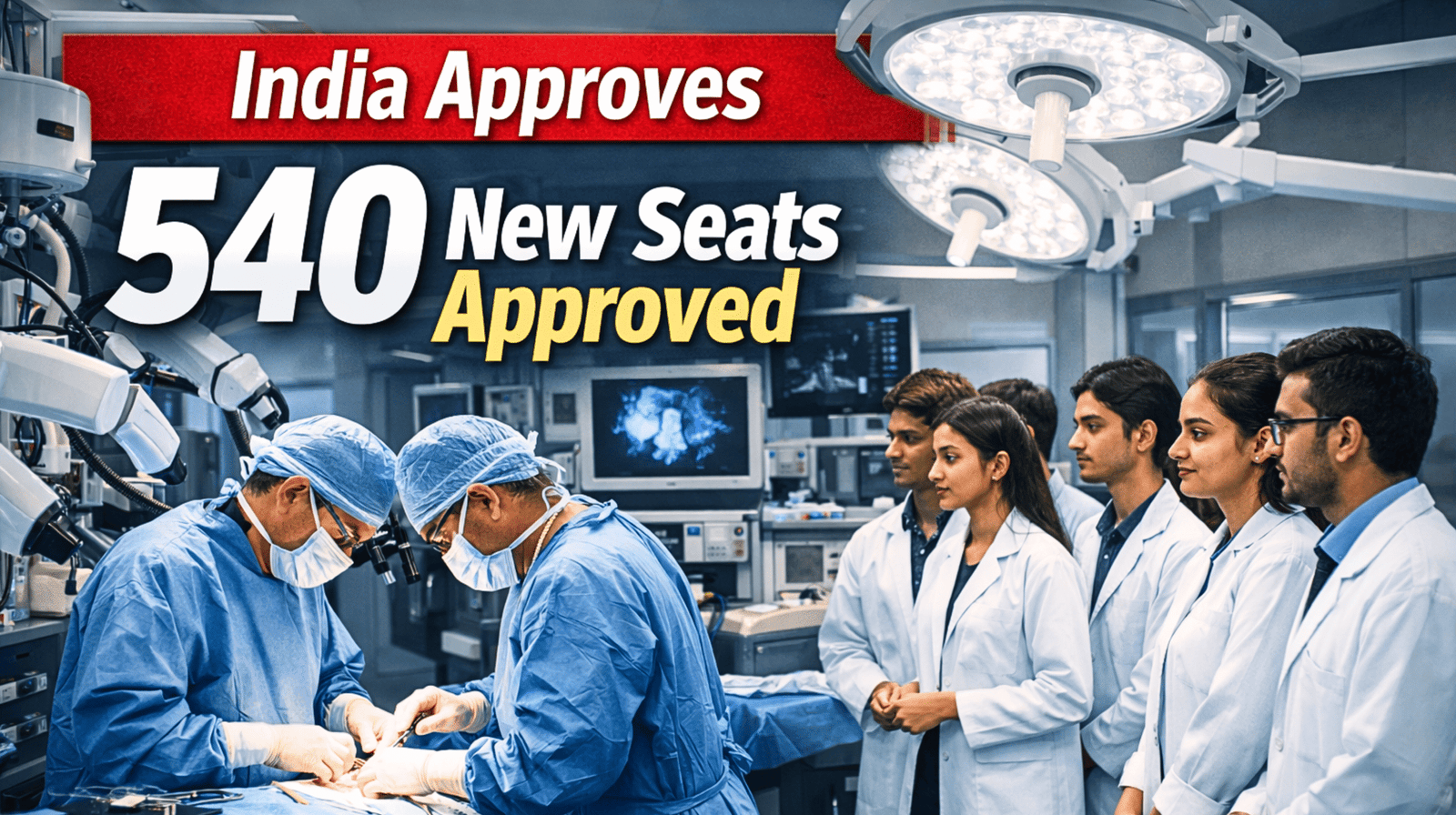Medical Science is the study of human health and disease, focusing on understanding how the body works, diagnosing illnesses, developing treatments, and advancing preventive care. It acts as a vital bridge between cutting-edge scientific research and practical medical applications that save lives every day.
Exciting Career Paths in Medical Science
The field of medical science is vast and diverse, offering roles for those interested in research, diagnostics, clinical work, or public health initiatives. Here are some of the key career options you might explore:
1. Medical Researcher
Medical researchers conduct experiments and clinical studies to unravel disease mechanisms, test new drugs, and develop innovative treatments like vaccines and therapies that revolutionize medicine.
2. Clinical Laboratory Scientist
Also known as medical technologists, these professionals analyze blood, tissues, and other biological samples to assist doctors in making accurate diagnoses, ensuring effective patient treatment.
3. Biomedical Scientist
Specializing in molecular and cellular biology, biomedical scientists work behind the scenes in hospitals, research labs, or pharmaceutical companies to understand disease processes and develop new medical solutions.
4. Medical Doctor (Physician)
Physicians apply their medical science expertise directly by diagnosing and treating patients. This career requires intensive education and training but offers a profound way to impact individual health.
5. Public Health Specialist
Public health professionals focus on the well-being of entire communities by monitoring health trends, designing prevention programs, and shaping policies to combat disease outbreaks and improve overall population health.
6. Pharmacologist
Pharmacologists study how drugs interact with the body and contribute to the creation of new medications, collaborating with pharmaceutical firms and research organizations to bring life-saving drugs to market.
Educational Routes to a Medical Science Career
Building a career in medical science typically involves a solid foundation in biology, chemistry, and related subjects. Common academic pathways include:
- Bachelor’s Degrees: Such as Medical Laboratory Science, Biomedical Science, or similar fields that provide hands-on lab experience.
- Advanced Degrees: Master’s or Ph.D. programs that allow deeper specialization in research or academic roles.
- Medical School: For aspiring doctors looking to diagnose and treat patients directly.
- Professional Certifications: Credentials like ASCP for lab scientists enhance employability and expertise.
Key Skills for Success in Medical Science
- Analytical Thinking: Ability to interpret complex scientific data and troubleshoot problems effectively.
- Attention to Detail: Precision is critical for accurate diagnoses and experimental results.
- Communication: Clearly explaining findings and working collaboratively with healthcare teams.
- Technical Proficiency: Comfortable using lab instruments and scientific software.
- Ethical Integrity: Upholding honesty and responsibility in research and patient care.
How to Launch Your Medical Science Career
- Pursue the Right Education: Enroll in accredited programs that balance theory with practical experience.
- Gain Hands-On Experience: Seek internships, research assistant roles, or lab positions to build real-world skills.
- Stay Current: Medical science is rapidly evolving — continuous learning through courses and seminars is essential.
- Network Actively: Join professional groups like the American Society for Clinical Laboratory Science (ASCLS) or local equivalents.
- Consider Specializations: Advanced training opens doors to leadership in research, academia, or clinical specialties.
Looking Ahead: The Future of Medical Science Careers
With rapid advances in biotechnology, personalized medicine, and digital health technologies, the demand for skilled medical science professionals is growing worldwide. Emerging areas like genomics, immunotherapy, and telemedicine promise exciting innovations and new career opportunities.
Important Disclaimer
This article is for informational purposes only and does not guarantee employment or career success. Educational requirements and job prospects can vary based on location and institution. Always conduct your own research and consult career advisors before making professional decisions.









